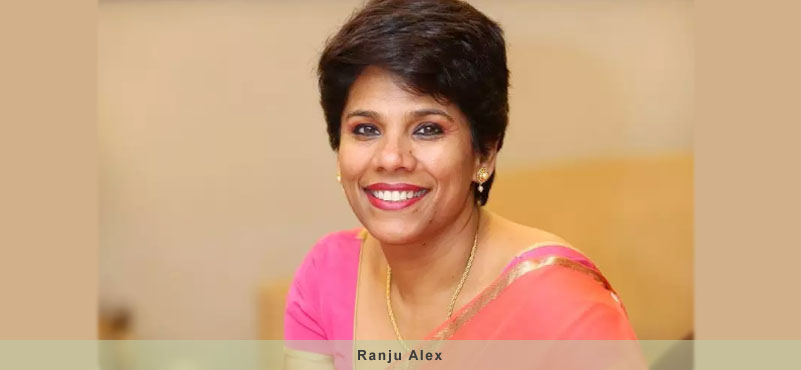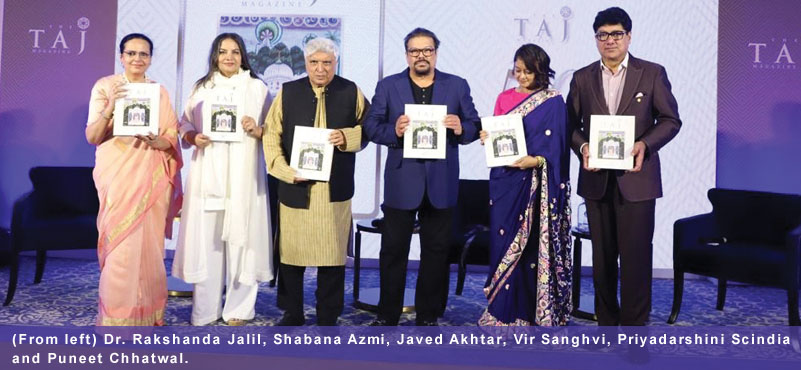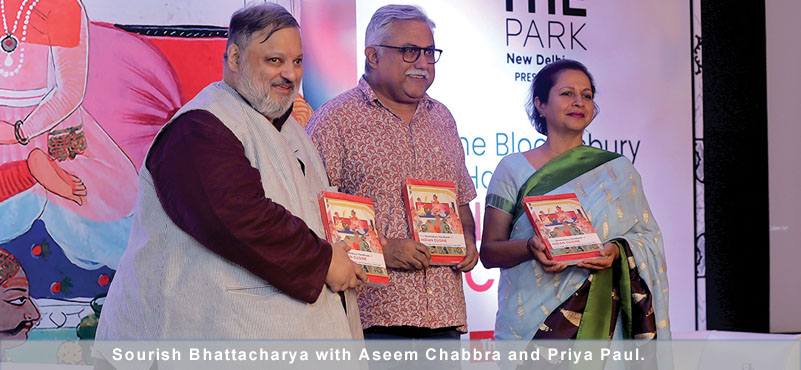That the fault lines were all too visible, with OTAs rolling out the red carpet for the prospective buyer, armed with heavy discounts, was a given. Hotels, partly owing to their own limited outreach and partly because of the convenience factor, have for long dished out heavy commissions to OTAs; major OTAs have been making hotels cough up a commission upwards of 25-30 per cent. Add to that, the pangs of discounting, are bleeding the hotels heavy.
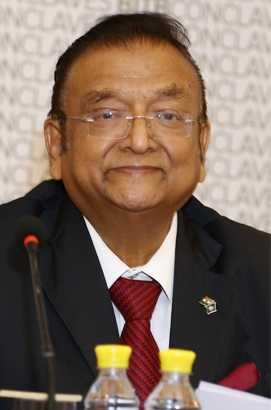
Chairman, STIC Group
Subdued for long, hotels are now lobbying against OTAs, demanding a cap on discounting, and lowering of commission rates. Only a few days ago, hotels in Ahmedabad have joined hands to bar any booking from the two main OTAs. Hoteliers in Maharashtra have voiced similar concerns.
In response to grievances expressed by its members, the Federation of Hotel & Restaurant Associations of India (FHRAI), too, has put Online Travel Aggregators (OTA) MakeMyTrip and GoIbibo on notice. A number of its members had brought to the Association’s notice that the OTAs’ business practices which were exploitative, unethical and divisive led to predatory pricing and other market distortions that had the potential to harm both hoteliers and consumers in the long term.
“One of the biggest concerns is that after securing discounted rates from a hotel, the OTAs further discount it on their online platforms without the hotel’s consent. This damages the hotel’s reputation, and also simultaneously distorts the market scenario. Ironically, the OTAs have a clause in their agreement that forbids hotels from discounting their own rates but are themselves free to do so. This disparity is not just unfair but is clearly intentional and is done with the objective of market cannibalization,” says Gurbaxish Singh Kohli, Vice President – FHRAI & President – Hotel and Restaurant Association of Western India (HRAWI).
Hotels have alleged that the OTAs charge commission that ranges anywhere between 18 and 40 per cent. The exorbitant commissions have been adversely impacting revenues, business and the livelihood of hoteliers.
Subash Goyal, Chairman, STIC Group believes that hotels are “justified in protesting against the OTAs”. “They are spoiling their rates in the market, thereby bringing down the yields of the hotels,” he says. “It is very unfortunate that most of the OTAs are funded by companies from the USA, Canada, Europe, South Africa and China where the cost of funds is 1% or Libor+1, whereas the cost of funds in India is around 12%. The unethical practice by OTAs is that they are getting a room for INR 2000, just to increase their turnover so that they have a better valuation for selling their company and sell the same room for INR 1000 or INR 1500, taking the loss of INR 500 per room,” he explains.
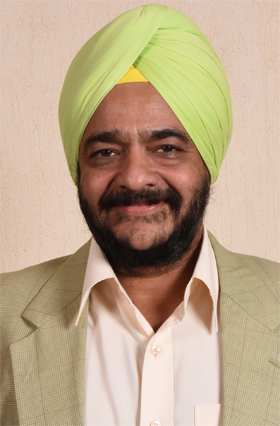
Vice President, FHRAI & President, HRAWI
He notes that such rates cannot be matched by Indian tour operators, whether small or big. “The result is that a lot of small tour operators are going bankrupt and OTAs are gaining a monopoly. After they have destroyed the distribution channel, they tried to squeeze the hotels by diluting their revenue and forcing them to undersell their properties,” he adds.
He suggests that the hotels of Gujarat have understood this and were the first to react against the unethical practice. “Seeing the writing on the wall, FHRAI (Federation of Hotel and Restaurant Association of India) has also reacted very strongly against these portals and not only Maharashtra but even Orissa, Punjab and Delhi hotels are supporting Gujarat and are considering doing the same,” notes.
He clarifies that he has no animosity with OTAs, provided they do not undercut travel agents and tour operators and “work in an ethical manner.” “Then it can be a win-win situation for everyone but if foreign companies with deep pockets try to destroy the Indian market through OTAs in an unethical manner, then not only hotels but travel agents and tour operators will also protest against this practice,” he mentions.
While it may be too early to suggest that the development would have a lasting impact on the business model of OTAs in India, it certainly has brought to fore the angst of the hotel community and the larger trade fraternity– which is finding its sustenance an increasingly difficult proposition. Especially against online players plush with funds that are backed by global giants.


